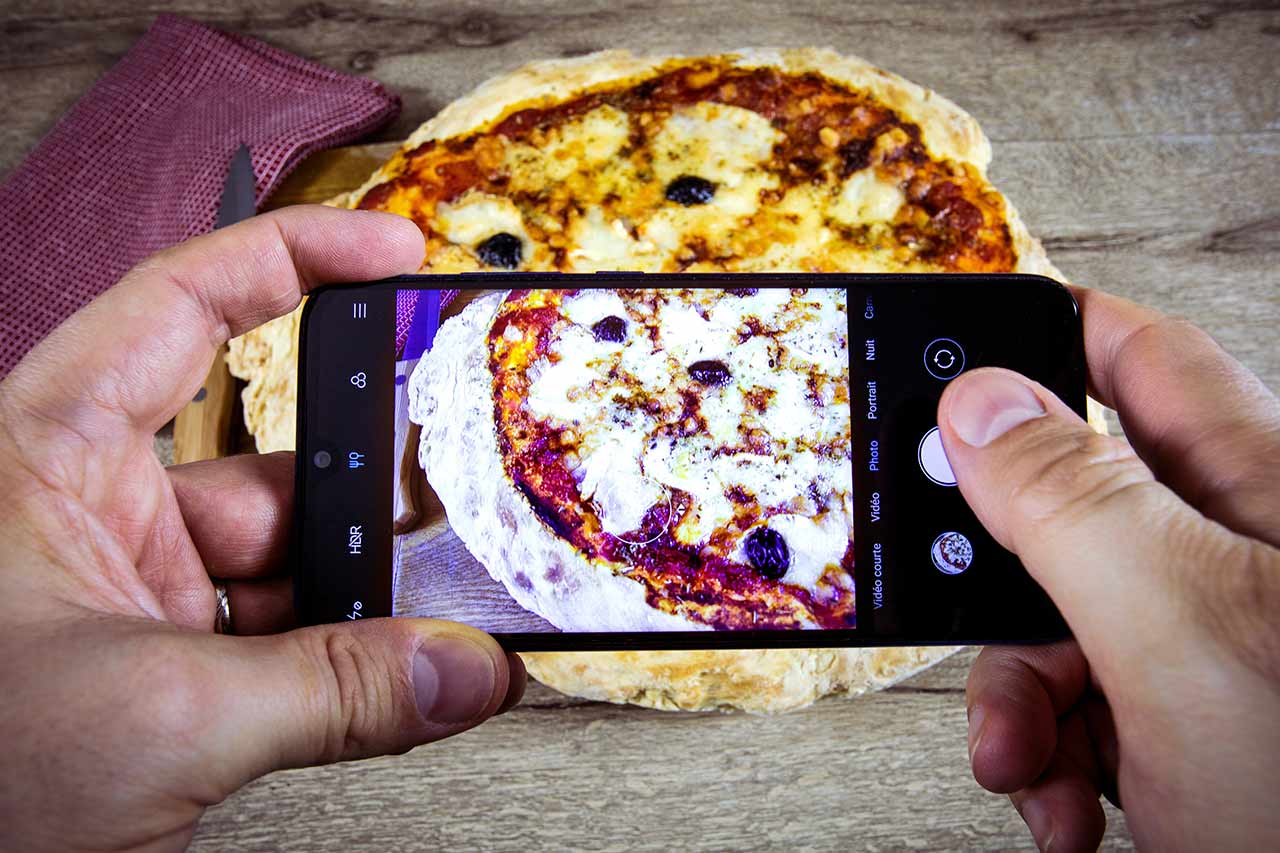Boosting the personalized nutrition field: which digital solutions should be considered?

Personalization is a key driver of growth in several industries that provide products and services to end-consumers, from cosmetics to fashion, healthcare, and nutrition. The food industry is not new to products tailored to personal tastes and preferences. However, personalized nutrition goes beyond, targeting smaller groups or even individuals. This comes from a need to adapt food to personal lifestyles, healthcare profiles and individual predisposed conditions, but also from the gap in traditional healthcare to respond to such customer expectations. Will the advent of over-the-counter testing and digital food services in personalized nutrition respond to these customer needs?
Increased interest in nutrition and special diets
With the increase of medical conditions such as allergies, intolerances and metabolic diseases, a broader awareness of consumers regarding the importance of nutrition in the management of these conditions is needed. Indeed, the personalized nutrition market is set to grow in the upcoming years, driven by a simplified access to technologies that aid segmenting and characterizing consumers, such as testing and diagnostic technologies (DNA sequencing, microbiome analysis and biomarker analysis in blood, saliva and urine), but also habit forming and tracking tools (smart bracelets, watches, portable patches, etc.). New digital technologies wrap everything together, making them accessible and easy to use by the end-consumer.
Technological advances to support personalized nutrition services
Currently the market of personalized nutrition is mostly crowded with small companies and start-ups, but larger companies such as Nestlé have been keeping an eye on this segment. The digitalization of these services and products allows for instant communication, easy access to content, management and integration of different types of data and in the end a personalized experience. Here are some examples of digital technologies shaping the future of personalized nutrition:
Personal Trackers
Dedicated personal health trackers are a major upcoming trend and are usually wearable devices that can help you move more, sleep better, but also eat better.
Healbe’s GoBe2 is a unique tracker that can automatically track your calorie intake with no input from the user. In fact, Healbe’s motto for its device is “Tell it nothing, track everything”. This wearable wristband makes use of heart rate monitoring and bioimpedance sensors to track energy balance and hydration level combined to more traditional biometrics (sleep, distance, and pulse). The company has conducted scientific studies that validate its accuracy to around 89%. Healbe has now released its third generation tracker, after raising more than 1 million USD by crowdfunding.
Diet Trackers
Diet trackers have been developed as an alternative to traditional food diaries, as they allow the user to become aware of what to do to change their eating diets or start a new diet, based on what they currently eat.
SmartPlate’s TopView uses advanced photo recognition and AI-powered image recognition technology to identify, weigh, and analyze everything the user eats in mere seconds, with an intuitive app that uses your smartphone camera to identify over 1,000+ foods. This allows tracking and management of one’s diet to achieve goals in an easier way than normal dietary journals that require heavy user input of data.
Digital Nutritionists
New digital tools have changed the landscape for nutritional science and are highlighting the need for better personalized nutritional guidance.
Habit, a company tackling the personalized nutrition market, provides personalized nutrition plans based on user self-reported lab test values. Habit helps clients change their lifestyles to achieve long-term health, by using DNA testing to understand the users unique metabolic signature. Then, they match this metabolic signature with “the right way of eating” appropriate to that profile. This approach has notably attracted investment from the North American giant Campbell Soup.
Nestlé’s Wellness Ambassador was a pilot program launched in 2018 in Japan, that combined artificial intelligence, DNA testing and meal analysis to collect and analyze consumer data on diet and health. The program provided home kits for blood and DNA sampling so participants could find out whether they had certain health problems such as diabetes or high cholesterol, then tailoring food products according to individual profiles. There was a subscription program that gave access to personalized supplements and snacks.
These are just some examples of a rapidly developing market, where companies try to leverage the growing consumer interest seeking more holistic approaches, including nutrition, to improve their health outcomes. Many of these companies base their product or service on data-driven solutions and some measurement of the user physiology with genetic or blood test tests, that before could only be done via the standard healthcare system but that are now cheap and accessible enough to be used at home. The digitalization of these services and products allows a decentralized and easy access to all stages of their use, from ordering to delivery of final recommendations.
In a near future, many of us will probably consult our phone before ordering at a restaurant or shopping for our groceries. We will check what our digital nutritionist service recommendations are, based on our unique metabolic signature and current physical and emotional state. Although the food industry seems ready to cater to this particular market, players along the product value chain need to prepare and adapt their offerings quickly, before the food gets cold.
Interested in this topic? Discover our position paper FOOD 2050 [in French] and our achievements in opportunity evaluation consulting!
About the authors
Joel, Consultant in Alcimed’s Life Sciences team in Switzerland
Quentin, Project Manager in Alcimed’s Life Sciences team in Switzerland
Do you have an exploration project?
Our explorers are ready to discuss it with you